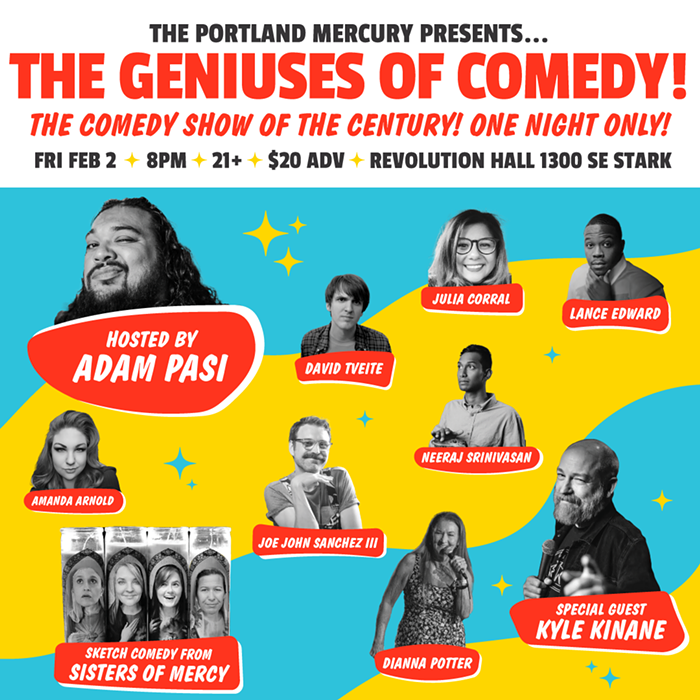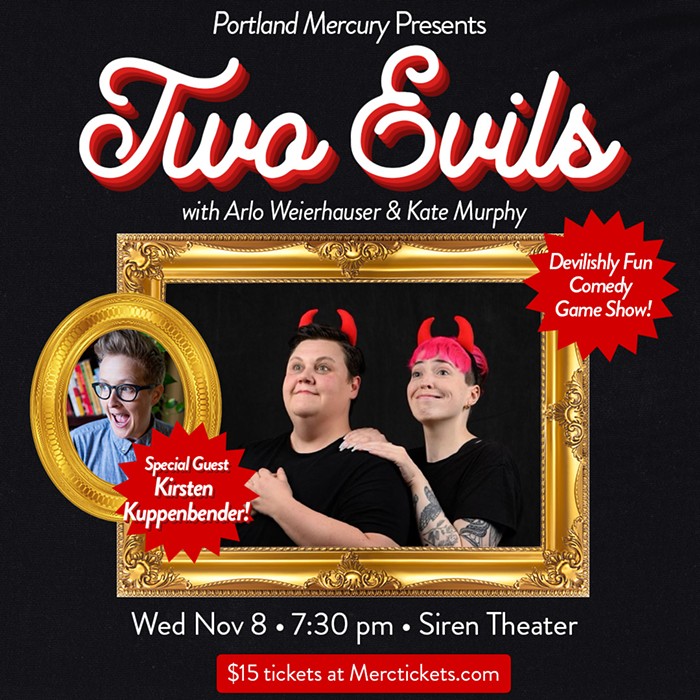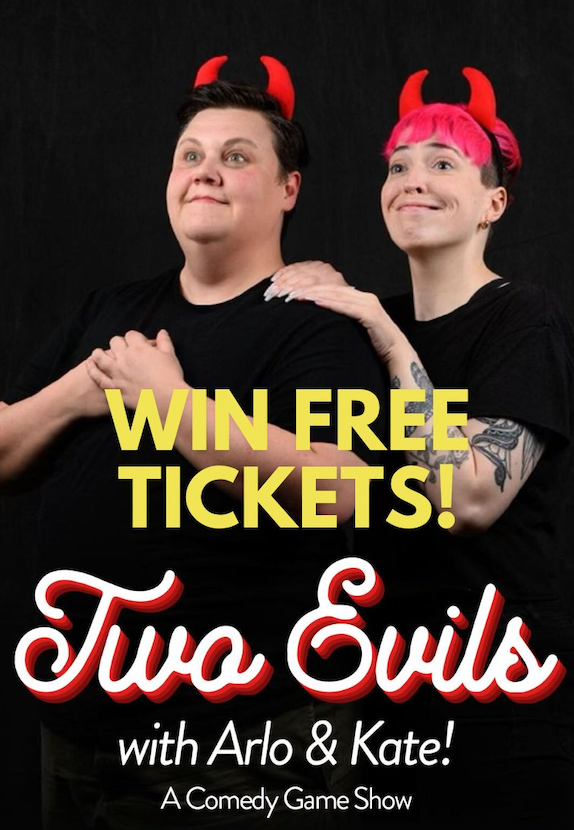The Chicago Tribune recently ran an article provocatively titled "A defense of heckling," arguing that hecklers are beneficial to live comedy, because they inspire comedians to go "off book" and can result in surprising, deeply memorable comedic moments.
Response from comedians was swift and condemnatory, most notably in this blog post from Steve Heisler that smartly and systematically dismantles the Tribune writers' major arguments. (He also argues that, as critics, the writers have a responsibility to nurture live comedy in their town. If I were British I would say "bollocks!" to that, but I'm not, so I'll just say: Critics are responsible to their readership; performers can nurture their own damn selves.)
Here's the thing: Comedy is live performance, and live performance is compelling in large part because of the sense that anything might happen. (I have forgotten many plays in my years reviewing, but I will never forget the moment in Artist Rep's Streetcar when a plate slipped out of an actor's hand, flew into the audience, and hit the theater critic sitting behind me in the head.)
Hecklers, though, force that unpredictability—making the unpredictable predictable, sucking the spontaneity out of the room, and dragging everyone in the crowd on their ego trip along with them. It's like watching an old guy flirt with a waitress. You know she's going to get a tip out of it somehow, but it's pretty awkward and humiliating for everyone in the meantime.
That said, I don't disagree with the Tribune writers' contention that sometimes heckling leads to great comedic moments. Anyone who's seen Patton Oswalt rip apart a heckler knows what I'm talking about: When a quick comedian goes off book, it can be a brilliant thing. (Of course, it can also be a profoundly uncomfortable thing—for careful, high-concept comedians like, say, Maria Bamford, hecklers are less an opportunity than a jarring interruption that's tough to recover from.)
And the schadenfreude element can't be be overlooked: Because hecklers are basically real-life internet trolls (and make no mistake—I hate all of you) there is something undeniably gratifying in hearing them smacked down. Pete Holmes earned my enduring fandom at a show a few weeks ago when he a dispatched a couple of drunken lady trolls (can we just call them trolls from now on?) with such a brilliant mix of condescension and friendliness that I'm pretty sure they had no idea how thoroughly insulted they were. The rest of the audience sure did, though, and yes: It was incredibly memorable comedy.
But no one wants to encourage hecklers. Because hecklers are egomaniacs who think they're funnier than they are, and they deserve our scorn. Even though they occasionally push a live show in brilliant, unexpected directions. And while theater writers love to wistfully rhapsodize about how audiences in Shakespeare's day were much more engaged than contemporary audiences, well... they were also a lot more likely to have the bubonic plague. Or really gnarly syphilis. (Hecklers probably have syphilis, is what I'm getting at. And also: Heckling is not a measure of audience engagement. If anything, it's a measure of how much an audience member doesn't understand the performance they're watching.)
To return to my tipping example of a moment ago, this discussion is just about as consequential as the ol' 15% or 20% tip debate: Most people are respectful patrons who understand the unspoken rules governing life outside of their basements. Some people aren't, and those people will stiff you on a tip and heckle during your comedy show. And as long as comedy clubs insist on luring in crowds with two-for-one tickets, mandating drink minimums, and (in the case of the Pete Holmes show) hosting office parties for mortgage companies, people are going to heckle at comedy shows, whether Patton Oswalt likes it or not.
Thoughts? Ian Karmel and Alex Falcone, as working comedians I know you guys have opinions on this....


















